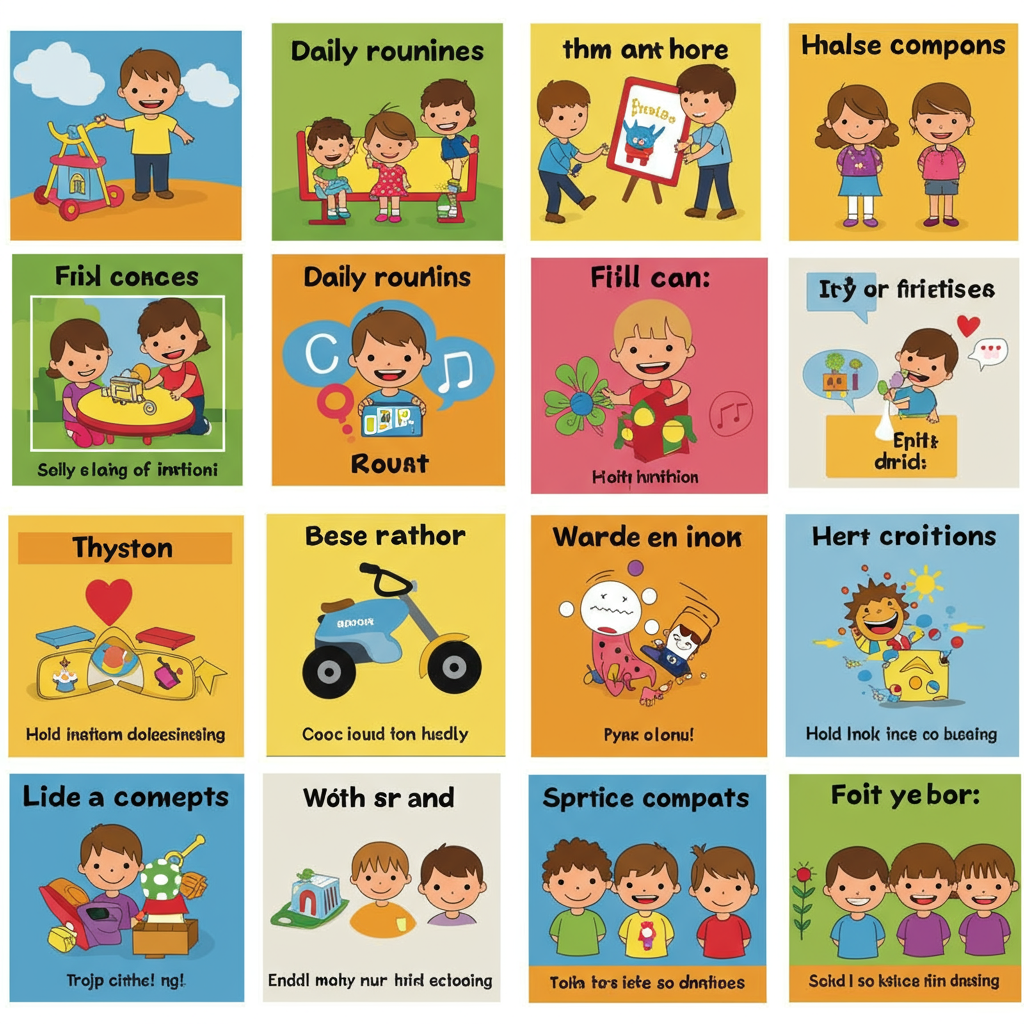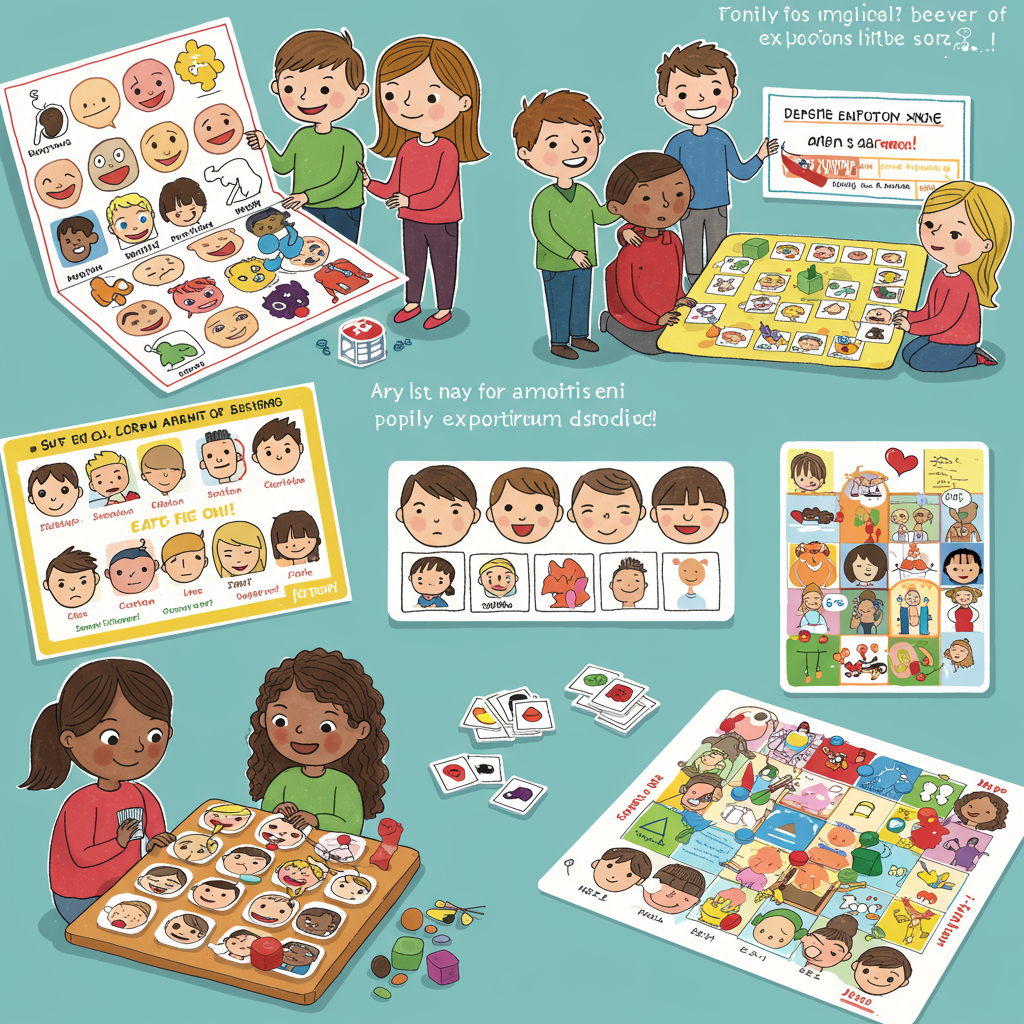Applied Behavior Analysis (ABA) therapy is a structured and evidence-based approach to improving the lives of individuals with autism and other developmental disorders. ABA therapy activities play a crucial role in promoting communication, social skills, and emotional understanding.
In this post, we’ll delve into two essential elements of ABA therapy: the use of Picture Exchange Communication System (PECS) and emotion games. It’s important to note that while ABA therapy can be highly beneficial, it has also been the subject of controversy among some adults who received it during their childhood.
- Picture Exchange Communication System (PECS): PECS is a visual communication system that can be a game-changer for individuals who struggle with verbal communication. It involves the use of picture cards or flashcards to help individuals express their needs, wants, and feelings. Here are some PECS activities that can be incorporated into ABA therapy:

- Requesting Breaks: Create a set of PECS cards depicting activities such as “break,” “playtime,” or “rest.” Encourage the individual to use these cards to communicate when they need a break or a change in activity.
- Toilet Training: Design PECS cards with images related to going to the toilet, like a toilet symbol or a restroom sign. This helps individuals convey their need to use the restroom effectively.
- Mealtime Communication: Use PECS cards with pictures of food items or utensils to help individuals express their meal preferences or request specific foods during mealtimes.
- Emotion Expression: Develop a set of PECS cards representing different emotions (happy, sad, angry, etc.). Encourage individuals to select and show the appropriate emotion card to express how they are feeling.
- Emotion Games: Understanding and expressing emotions are essential skills for individuals with autism. Emotion games can make this learning process engaging and enjoyable. Here are some emotion-based activities for ABA therapy:

- Emotion Charades: Create a game where individuals act out specific emotions, and their peers or therapists guess the emotion being portrayed. This helps improve emotional recognition and expression.
- Emotion Cards Matching: Use emotion flashcards with facial expressions to play a memory or matching game. This reinforces the association between facial cues and emotions.
- Emotion Storytelling: Develop simple stories or scenarios that involve characters experiencing different emotions. Encourage individuals to identify and discuss the emotions of the characters, fostering empathy and emotional understanding.
- Feelings Wheel: Utilize a “feelings wheel” or chart with various emotion faces. Ask individuals to point to or select the face that best represents how they feel at a given moment.
Controversy Surrounding ABA Therapy at Home
It’s important to acknowledge that ABA therapy at home can at times be controversial. Some adults who received ABA therapy during their childhood have expressed concerns about their experiences. They have criticized certain aspects of ABA, including the focus on conformity, the use of aversives, and the potential for overly rigid behavioral goals. We have actually published this under aba therapy horror stories.
The controversy highlights the need for ongoing research, ethical considerations, and individualized approaches in ABA therapy. Parents and caregivers should carefully choose ABA providers who prioritize the well-being and autonomy of their clients, and they should be open to adapting therapy methods based on the individual’s needs and preferences.
Conclusion: ABA therapy activities, including the use of PECS and emotion games, are valuable tools for promoting communication and emotional understanding in individuals with autism and other developmental disorders. While ABA therapy has its merits, it’s essential to be aware of the controversies surrounding it and to approach therapy with sensitivity, flexibility, and the individual’s best interests in mind. Customizing ABA therapy to suit the unique needs and experiences of each individual can lead to more positive and effective outcomes.


